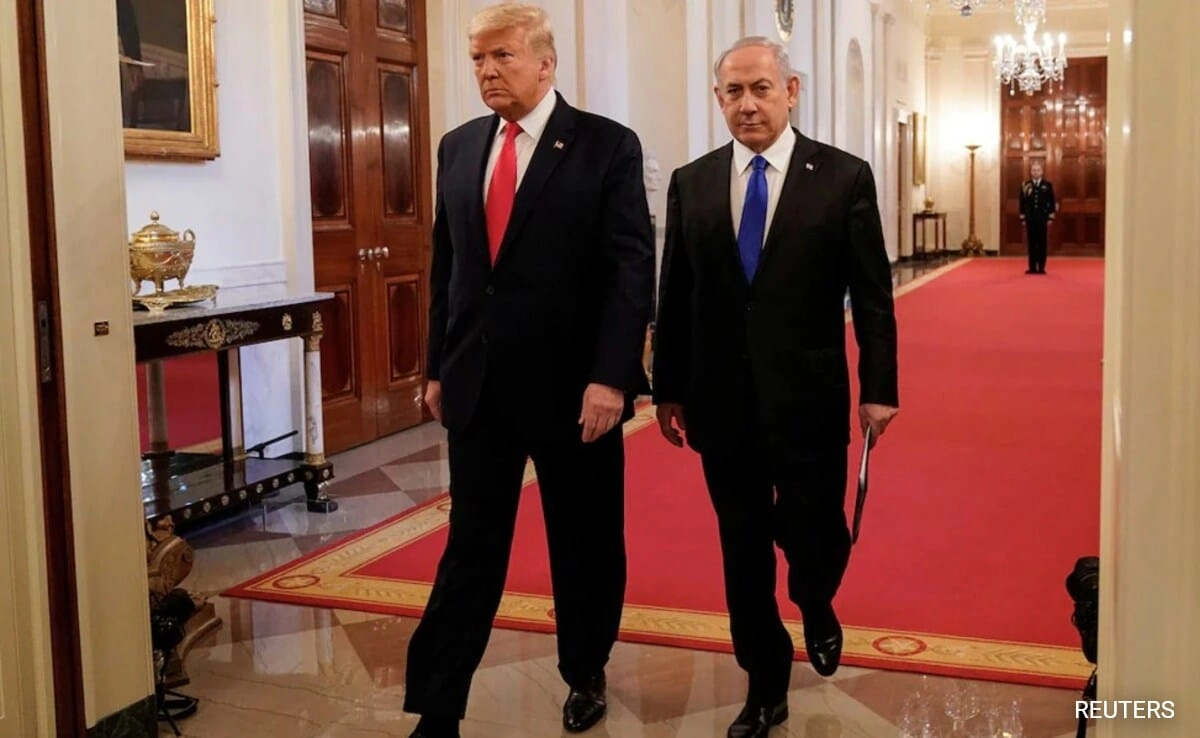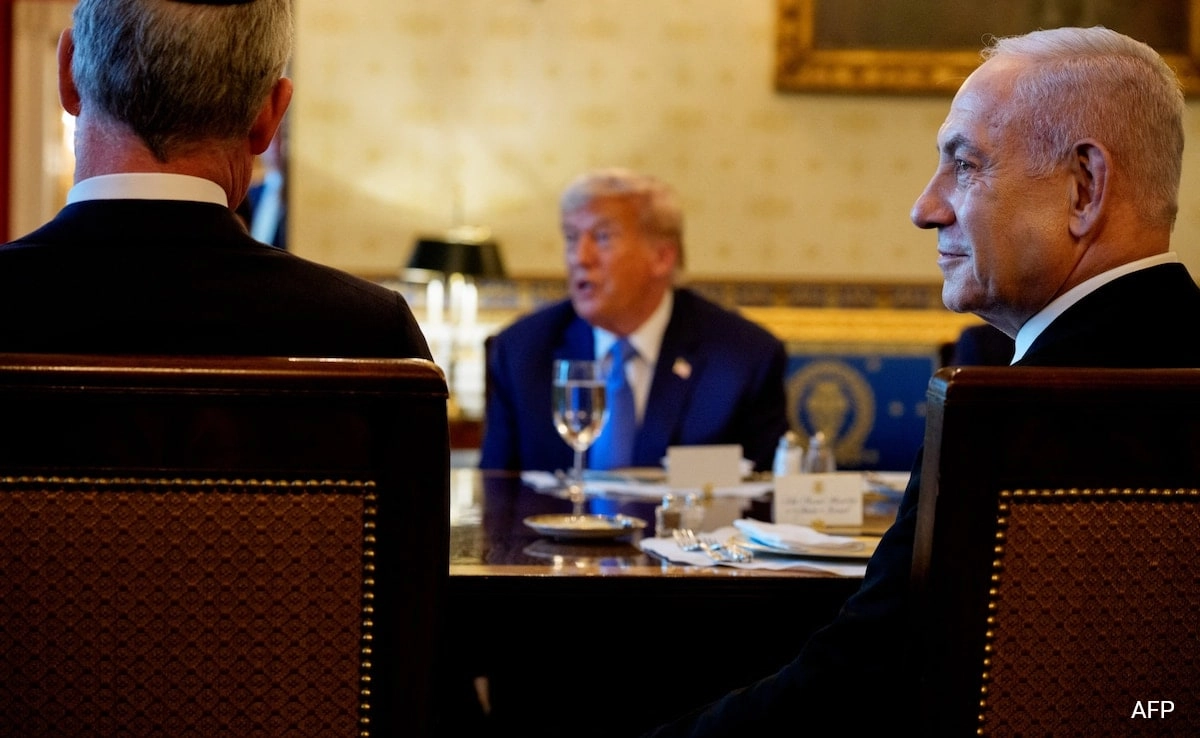In a recent statement ahead of his highly anticipated meeting with Israeli Prime Minister Benjamin Netanyahu, former President Donald Trump expressed optimism regarding the potential for significant advancements in the Middle East. Trump emphasized that the region stands on the brink of a transformative moment, highlighting the possibilities for peace and cooperation among nations that have historically been at odds. His remarks come at a time when diplomatic efforts are critical, and the geopolitical landscape is evolving rapidly, creating a unique opportunity for new alliances and understandings.
Trump’s assertion of a “real chance for greatness” suggests that he believes the groundwork laid during his presidency, particularly the Abraham Accords, could serve as a foundation for further diplomatic achievements. These accords, which normalized relations between Israel and several Arab nations, were seen as a significant breakthrough in Middle Eastern diplomacy. By fostering dialogue and collaboration, Trump argued that nations in the region could work together to address shared challenges, such as security threats and economic development, ultimately leading to a more stable and prosperous Middle East.
As Trump prepares for his meeting with Netanyahu, the implications of their discussions extend beyond bilateral relations. The outcome of this meeting could influence broader regional dynamics, including the ongoing tensions with Iran and the quest for lasting peace between Israel and the Palestinians. Trump’s previous administration took a hard stance against Iran, and his approach may shape the future of negotiations surrounding Iran’s nuclear ambitions. The stakes are high, and both leaders may seek to leverage this moment to solidify their positions on the global stage.
In conclusion, the upcoming meeting between Trump and Netanyahu represents a pivotal moment for Middle Eastern diplomacy. With a focus on collaboration, security, and economic growth, there is potential for genuine progress in a region that has long been fraught with conflict. As they engage in discussions, the world will be watching closely, eager to see if this meeting can indeed catalyze a new era of greatness in the Middle East. The interplay of historical grievances, current geopolitical realities, and the aspirations for a peaceful future will undoubtedly shape the narrative moving forward.




